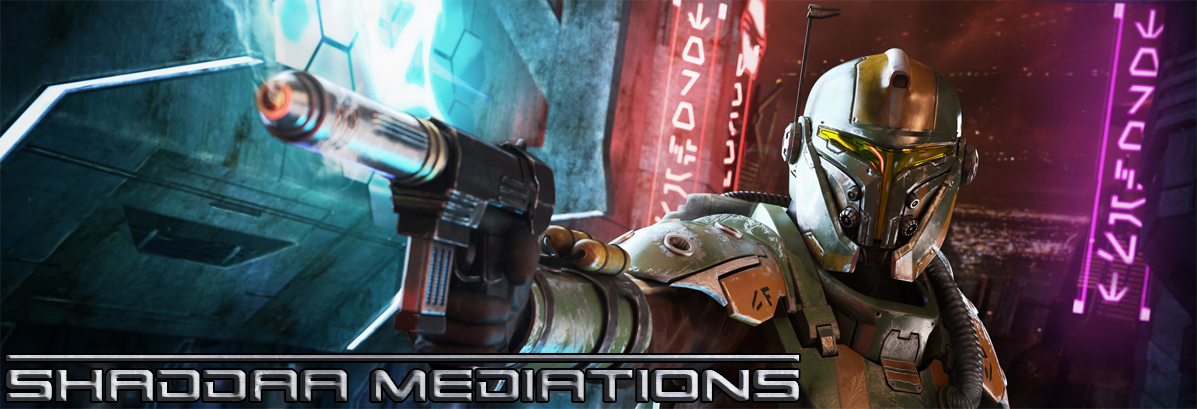Kan Ulus
Page 1 of 1
 Kan Ulus
Kan Ulus

Formal Name: Kan Ulus
Informal Names: The Nation of Blood, The Sultanate of Hrvenia
Abbreviation: KU
General Technology Indicator: 46
Population: 2.5 million
Size of Domain: The size of your kingdom's Domain.
Technology Tags (Positive): Weaponsmithing, armor smithing, horse domestication, farming, salt mining, blood magic
Technology Tags (Negative): Ocean worthy shipbuilding, infantry, woodcutting
Race: Human
Ancestry: Nomads, settling on a fertile floodplain
Clothing: The lower class generally wears bright colored robes, with women fully veiling their faces. The upper class and nobility wears extravagant clothing of many shades, and generally oversized hats.
Kingdom Name: Valide
Kingdom Type: Desert floodplain
Kingdom Geological Analysis: Salt, iron, assorted minerals of no use to a medieval nation.
Kingdom Description: Mostly desert except near bodies of water, where a number of factors induce random flooding that only recently has become able to be harvested by irrigation technology. Deserts are characterized by small settlements surrounding salt mines, or camps for roving nomads.
Where on the map are they?

Political System: Much akin to a sultanate in all but name, headed by the "Padishah". Military governors are entitled "Bey", with the senior-most "Bey" bestowed the title of "Beylerbeyi". Feudal captains of Kapali (heavy cavalry) regiments are bestowed a fiefdom and the title of "Timariot"
Economical System: Decentralized system, however a central silver currency is issued.
Language: Kan Konusmak, often transliterated as Kanconusmack.
Culture: The culture of the Nation of Blood is characterized by their environment and history. The men are completely dominant in society, due to their historically patriarchal nature. The women are little more than tools for a household to run smoothly, and their lives have no value to their husbands. Polygamy is commonplace and encouraged, and monogamists are ostracized and their manhood is questioned. Hats are a central part of the wardrobe of a male, with headwear being necessary to survive the harsh desert sun. The less useful and more decorative one's headwear is, the more noble he appears.
History: Originally settled by nomads forced from the Qatark Peninsula, the area is now settled by a distinct breed of settled desert peoples. Throughout its history, the Nation of Blood had been divided among several petty emirates and sheikhdoms, with the status quo remaining with little outside influence.
However, this changed when the adventurer and conqueror Brash Al-Jamuan sailed south with thousands of mercenaries, each promised bricks upon bricks of salt, to carve a Sultanate out of the Nation of Blood. He succeeded, defeating each petty nation with much ease, as none united against him. He ruled, rather peacefully, for 37 years, and had four sons.
Upon his death, his lands were split evenly upon his sons, and each desired the throne of his father. Ayatollah Mahduofehn, a priest in the retinue of Al-Jamuan's first son, Tinin ibn Brash. Tinnin, already defeating one of the three other sons, was marching to defeat a coalition of his two remaining infantile siblings and their regents. The Ayatollah seized Tinnin only days before the armies clashed, and initiated a coup against him. On the day of the battle, the Ayatollah rode forth to the ranks of the opposing army, with a hundred Kapali and Tinnin hogtied on the back of his horse. His men rode in full sight of the enemy encampment, when the Ayatollah dismounted, dragged Tinnin down, and slit his throat. Chanting, he began marking himself and his compatriots with the blood in front of the stunned army. Mounting his horse, he let loose a final set of consonants, and his 100 men erupted into flame, and were unhurt by the fires. Half of the army threw their arms down in prayer, and the other half threw their arms down and ran. The 100, later known as the "Holy Hundred", seized the remaining brothers and drowned them in a nearby oasis.
The Ayatollah, found himself the leader of a Caliphate, but he was unable to bear children, due to his holy oath. Upon his deathbed, he named one of his "Holy Hundred" Padishah, whose dynasty has ruled ever since.
Religion: As nomads who experienced the harsh, unforgiving desert, the Nation of Blood did not revere the Gods. They, instead, were terrified of them, even more so when they settled in an unstable floodplain. The unpredictable flooding led them to believe they were punished by the Gods, either justly or unjustly. Thus, in attempt to appease the Gods, they began ritual sacrifice, eventually discovering blood magic, which was kept mostly a secret by the High Priests.
They worship the pantheon of gods, albeit under aliases. The God of Justice is known as Koruyucu, known for his intervention against Imha, the God of Darkness. The God of Magic is known as Saşkınlık.
They pray several times a day, in hope to keep the ill will of the Gods at bay.
Redeemer- Posts : 18
Join date : 2013-06-09
Page 1 of 1
Permissions in this forum:
You cannot reply to topics in this forum|
|
|

 Home
Home